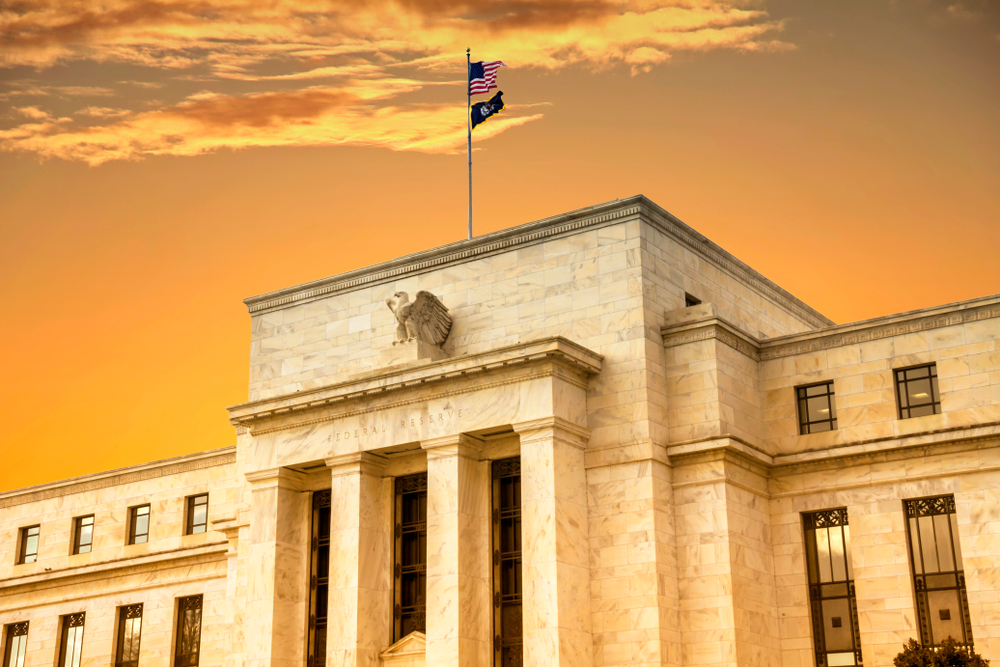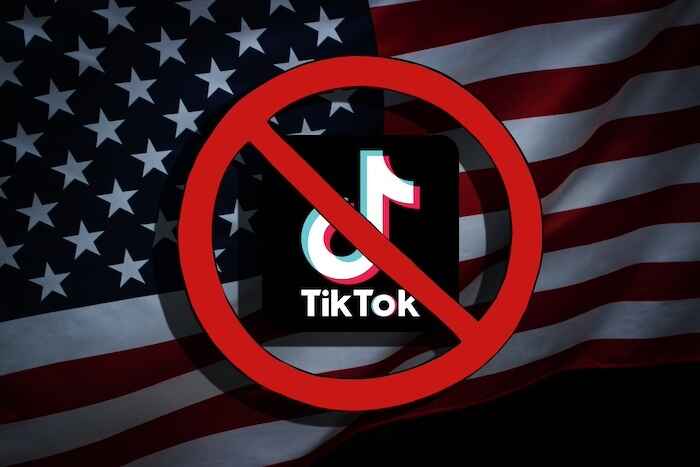Warning: A 200-Year-Old Battle Over Our Money Is Heating Up Again
Andy Snyder|August 18, 2021

Picture this scene…
Protestors are outside the White House.
They’re throwing rocks at the president’s home.
They’ve got guns and are shooting them wildly in the air.
And an effigy of the president is hanging nearby… having been drenched in fuel and lit on fire by the frustrated mob.
Worst yet, the crowd isn’t being egged on just by political voices. Many of the protestors are duly sworn congressmen.
It’s a scene that may sound familiar. We wouldn’t blame you for thinking this protest – one of the most violent in American history – happened within the last 12 months.
It certainly fits the narrative.
But this fight happened 180 years ago this week. And it wasn’t about votes or race or lockdowns or any of the angers du jour.
It was about money… and who prints it.
Raging Again
This is a tale that shows just how much power the government has taken over the last 200 years – and just how complacent the average citizen has become.
The riot described above took place on August 16, 1841, and was kicked off when President John Tyler vetoed a bill passed by Congress that would have restarted the Bank of the United States.
Never a fan of the idea, Tyler turned on his party and used the executive pen that he once called “abusive” to stomp out a central bank that sucked massive power away from the states.
Today, most folks don’t question the role of the Federal Reserve… or its massive power over the nation’s economy. But our modern acceptance (or is it ignorance?) of such dominance is a rarity in the nation’s history.
Since we first told the king to take a hike, our nation has debated the role of an all-powerful national bank.
But why?
Wouldn’t a national currency that created efficient markets and free-flowing trade be good for a set of states with similar views and equal values? Wouldn’t one currency be better than 50?
The obvious answer is yes… but what’s clear is rarely what’s right.
States’ Rights
Here are what we believe to be the key words from Tyler’s message to Congress after he vetoed its bill…
Its power of local discount has in fact proved to be a fruitful source of favoritism and corruption, alike destructive to the public morals and to the general weal.
Printing and controlling the money of the entire nation, in other words, led to a favored few getting what they wanted at the expense of all the rest.
Sound familiar?
The idea remains a common cry.
But Tyler kept dipping his pen in the inkwell. He went to a topic that was just about settled when Pickett made his infamous charge in Gettysburg.
The idea of a central bank slashes at the independence of the states. As Tyler put it…
On general principles, the right in Congress to prescribe terms to any State implies a superiority of power and control, deprives the transaction of all pretense to compact between them, and terminates, as we have seen, in the total abrogation of freedom of action on the part of the States.
The president was right. The eventual creation of a central bank – which skirted the arguments of the day by posing as an individual institution – has removed nearly all monetary power from the states.
Many will say the move has treated us well.
We’ve got the world’s reserve currency and her top economy. The dollar and the central bank in charge of it are the envy of the world.
States’ rights be damned.
Tyler admitted as much in his veto note. He recognized that a central currency was great for exchange and could be the grease on the cogs of a strong economy.
What forced his “nay” was corruption and the potential for trouble.
On that front, too, he was right.
Money Trouble
It’s a topic that most folks hadn’t thought all that much about until recent years, when the Federal Reserve started taking advantage of the full scope of its powers… and then some.
These days, presidential candidates are promising to mail out freshly printed dollars… if you vote them into office.
Washington is paying its bills not with debt… but with money created out of nothing by the Federal Reserve.
And, in a nod to Tyler’s use of “favoritism,” corporate America is eating caviar these days. Its stocks have doubled in price since Jay Powell printed $4 trillion last year.
Stock investors, as we promised they would, are smiling brightly. Their grandchildren, though?
We’re utterly convinced the fight that erupted 200 years ago is far from over.
Just as Tyler noted, the battle has often heated up and cooled down… but it has yet to be settled.
The debate has been calm over the last two decades, but it’s starting to intensify.
The next chapter is being written.
It’s a good time to go long on presidential effigies. The people are angry once again.

Andy Snyder
Andy Snyder is an American author, investor and serial entrepreneur. He cut his teeth at an esteemed financial firm with nearly $100 billion in assets under management. Andy and his ideas have been featured on Fox News, on countless radio stations, and in numerous print and online outlets. He’s been a keynote speaker and panelist at events all over the world, from four-star ballrooms to Capitol hearing rooms.





